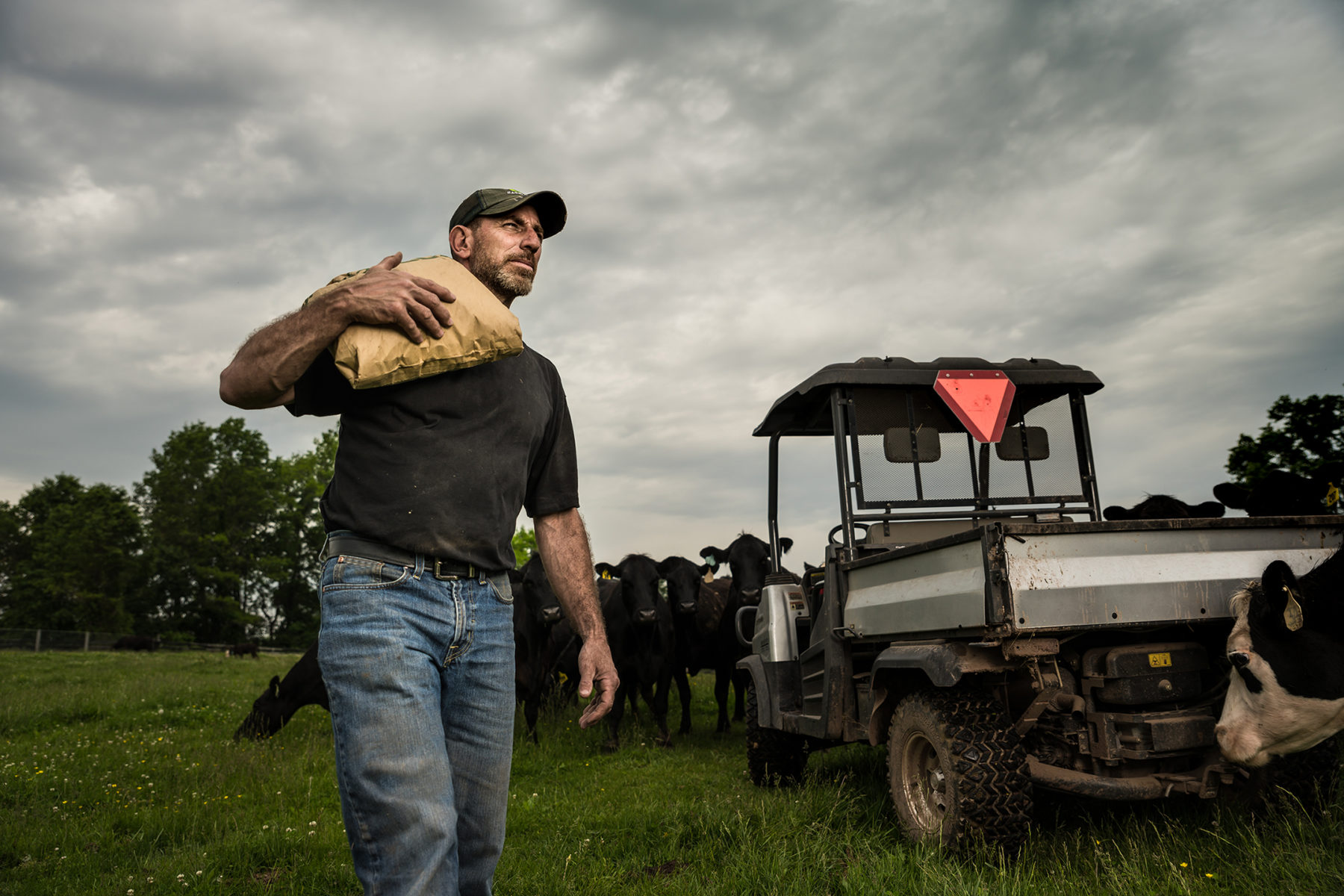Jan Lyons of Manhattan, Kansas, was honored with the Cattlemen’s Beef Board’s (CBB) fourth annual Beef Checkoff Visionary Award during the General Session of the 2024 Cattle Industry Summer Business Meeting in San Diego, California. This award recognizes an individual in the beef industry who has demonstrated exemplary support of and commitment to the Checkoff’s goals and vision.
“Jan has been an important part of the beef industry for decades,” said Andy Bishop, 2024 CBB chair. “She had a vision and an energy that made a powerful imprint on the people and processes behind the Beef Checkoff program. She saw the strength of early Checkoff programs and the importance of having a consistent national Checkoff message across all states. For these and so many other reasons, Jan truly deserves the 2024 Visionary Award.”
Jan and Frank Lyons started the Lyons Ranch Angus cowherd south of Manhattan, Kansas, more than forty years ago. Jan was raised on a small Angus farm in eastern Ohio, helping her dad and brother with the farm and taking care of their cattle. She and Frank, whose family farmed as well, wanted to raise their daughters, Debbie and Amy, to appreciate good cattle and the ideals and work ethic they valued so much.
Over the years, Jan gave much of her energy and time to the beef industry and people she loved. She first volunteered as a 4-H leader at the local and county levels and for the Kansas Junior Angus Association. Jan was also the first woman president of the Kansas Angus Association, chair of the Kansas Beef Council, president of the Kansas Livestock Association, chair of the Cattlemen’s Beef Board, and, finally, president of the National Cattlemen’s Beef Association (NCBA) in 2004. During her time as NCBA president, Jan reassured the public that the U.S. beef supply was safe during the “Cow that Stole Christmas” bovine spongiform encephalopathy (BSE) event in December 2003.
“Certainly, the Beef Checkoff as we know it today wouldn’t exist without Jan’s tireless efforts spanning decades of commitment and dedication to the beef industry,” said Greg Hanes, CEO of the Cattlemen’s Beef Board. “Her pioneering focus on pinpointing consumer demand drivers during the Checkoff’s early years led to tremendous growth for our industry. On behalf of everyone at the CBB, I congratulate Jan on this well-deserved award.”

